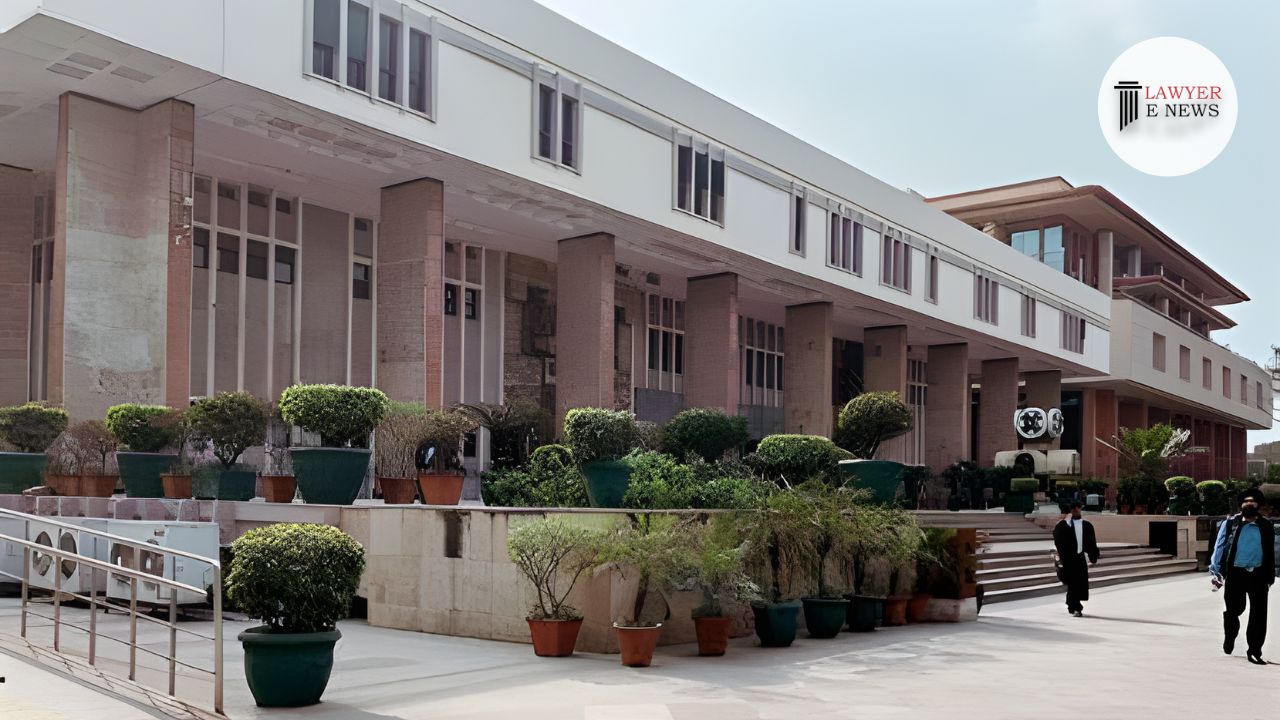-
by Admin
15 February 2026 5:35 AM



High Court backs ITAT’s ruling on Samsung India Electronics Pvt. Ltd., confirming its status as a licensed manufacturer and rejecting TP adjustments on royalty payments to its parent company.
The Delhi High Court has upheld the Income Tax Appellate Tribunal’s (ITAT) decision to delete Transfer Pricing (TP) adjustments related to royalty payments made by Samsung India Electronics Pvt. Ltd. To its parent company, Samsung Electronics Co. Ltd., Korea. The judgment emphasized that the royalty payments were at arm’s length and not subject to recharacterization, supporting the ITAT’s conclusion that Samsung India operates as a licensed manufacturer rather than a contract manufacturer.
The case revolves around the appeal by the Principal Commissioner of Income Tax challenging the ITAT’s order, which deleted the TP adjustments amounting to INR 1,99,57,161/- on royalty payments made by Samsung India Electronics Pvt. Ltd. To its parent company. The central issue was whether Samsung India acted as a contract manufacturer or a full-fledged licensed manufacturer and if the TP adjustments on royalty payments were justified.
The court underscored the need to respect the commercial transactions and agreements between associated enterprises. The ITAT had found that Samsung India operates as a licensed manufacturer, not as a contract manufacturer, and that the royalty payments were made for the technical know-how and expertise provided by Samsung Korea.
The High Court highlighted the limited scope of the TPO’s authority, which is confined to examining the appropriateness of the method and comparables for determining the arm’s length price (ALP). The TPO had overstepped by questioning the commercial expediency and genuineness of the royalty payments. The court noted, “The TPO would neither be justified nor could it be countenanced to have the jurisdiction to question commercial expediency or genuineness of need.”
The High Court reaffirmed the principle that TP adjustments should only be made when transactions deviate significantly from what independent enterprises would agree upon. The court stated, “There was no material placed on the record to show that the manufacture and sale of goods by Samsung India was dependent on directives issued by Samsung Korea or even that Samsung India was contractually obliged to manufacture goods on behalf of Samsung Korea.”
The court extensively discussed the principles of evaluating TP adjustments and emphasized that the mere fact of being a wholly-owned subsidiary does not automatically classify an entity as a contract manufacturer. It was noted that Samsung India’s transactions were guided by business and commercial interests, with the majority of its export sales being made to third parties under open market conditions.
Justice Yashwant Varma remarked, “The Tribunal had ultimately come to conclude that the assumption of the respondent-assessee being a contract manufacturer as well as the premise of payment of royalty ‘to itself’ could not be sustained.”
The Delhi High Court’s dismissal of the appeal underscores the judiciary’s commitment to upholding the integrity of commercial arrangements between associated enterprises. By affirming the ITAT’s findings, the judgment sends a clear message about respecting the legal framework for evaluating TP adjustments and the arm’s length principle. This decision is expected to have significant implications for future cases involving TP adjustments and the characterization of manufacturing operations.
Date of Decision: July 11, 2024
Principal Commissioner of Income Tax-8 vs. Samsung India Electronics Pvt. Ltd.
